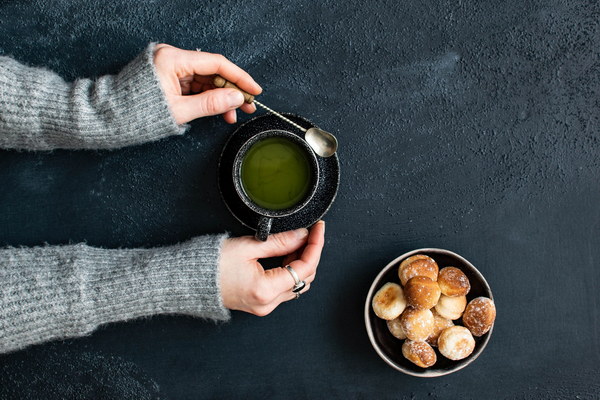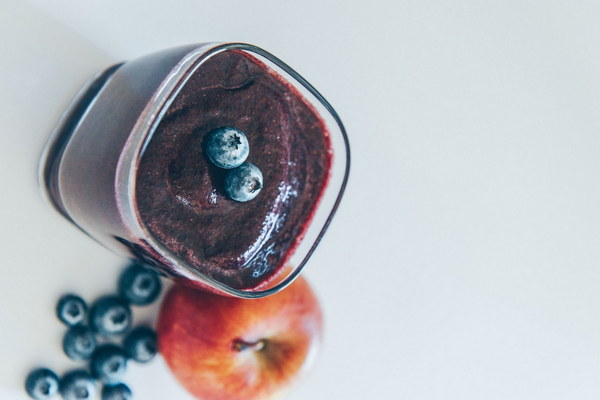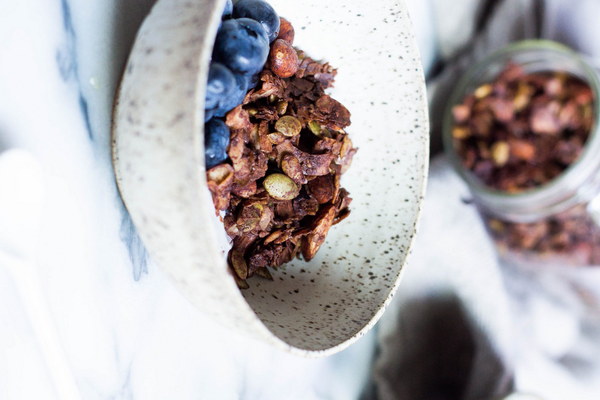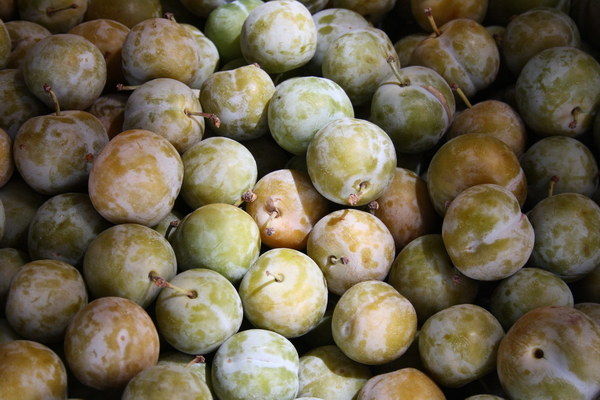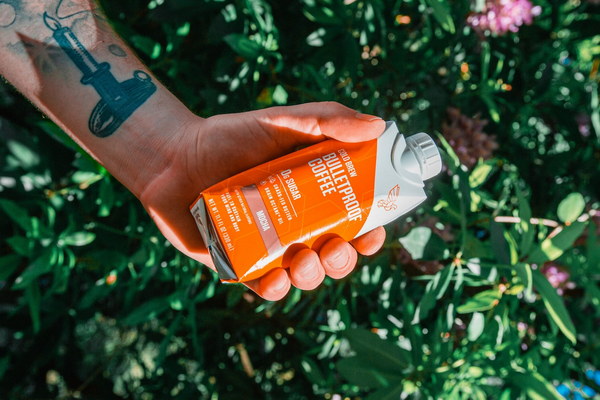The Ultimate Chinese Medicine Practices for Liver Care and Protection
In the realm of Traditional Chinese Medicine (TCM), the liver holds a pivotal role in maintaining overall health and well-being. Known as the treasure house of essence and the steward of the five flavors, the liver is crucial for blood filtration, emotion regulation, and the smooth flow of Qi (vital energy). When the liver is in balance, the body thrives; however, when it is out of balance, various health issues can arise. This article delves into the best practices in TCM for nurturing and protecting the liver.
1. Dietary Recommendations
A balanced diet is the cornerstone of liver care in TCM. The following foods are considered beneficial for liver health:
- Green Vegetables: Foods rich in chlorophyll, such as leafy greens like kale, spinach, and Swiss chard, are believed to purify the blood and support liver function.
- Mushrooms: Reishi and shiitake mushrooms are prized for their immune-boosting properties and their ability to support liver detoxification.
- Fruits: Berries, especially blueberries and strawberries, are high in antioxidants and can help reduce inflammation.
- Grains: Quinoa, millet, and amaranth are gluten-free grains that are believed to be nourishing for the liver.
- Nuts and Seeds: Almonds, walnuts, and flaxseeds are good sources of omega-3 fatty acids, which can aid in liver repair.
It is also advised to avoid or limit foods that are considered to be harmful to the liver, such as those that are overly processed, fried, or high in sugar.
2. Herbs and Supplements
TCM utilizes a variety of herbs and supplements to support liver health. Some of the most commonly used include:
- Dandelion Root: Known for its diuretic properties, dandelion root is believed to aid in the detoxification of the liver.
- Artichoke: Artichoke leaves are used in TCM to stimulate bile production, which helps in the digestion of fats.
- Turmeric: This spice contains curcumin, which has anti-inflammatory properties and is thought to support liver health.
- Milk Thistle: The active compound silymarin in milk thistle is believed to protect the liver cells and aid in regeneration.
It is important to consult with a qualified TCM practitioner before starting any herbal or supplement regimen.
3. Acupuncture and Tui Na
Acupuncture, a key component of TCM, involves inserting fine needles into specific points on the body to stimulate energy flow. In the case of liver care, points that are thought to benefit the liver are often chosen. Tui Na, a form of therapeutic massage, can also be used to improve circulation and promote relaxation, which can help in maintaining liver balance.
4. Lifestyle Adjustments
In addition to dietary and herbal remedies, lifestyle adjustments are crucial for liver care:
- Regular Exercise: Physical activity helps improve blood flow and supports the body's natural detoxification processes.
- Adequate Sleep: The liver is most active during the hours of sleep, so ensuring sufficient rest is vital for its proper functioning.
- Stress Management: Chronic stress can impact liver health, so finding effective stress-reduction techniques is important.

- Moderation in Alcohol Consumption: Alcohol is particularly harmful to the liver, so moderation or abstinence is recommended.
5. Herbal Teas
Herbal teas are another popular way to support liver health in TCM. Some teas that are believed to be beneficial include:
- Chrysanthemum Tea: Known for its calming properties, chrysanthemum tea is also thought to support liver health.
- Peony Tea: Peony root tea is used to help regulate the liver and improve mood.
- Licorice Root Tea: Licorice root is believed to have a soothing effect on the liver and can help reduce inflammation.
In conclusion, TCM offers a holistic approach to liver care that encompasses diet, herbs, acupuncture, and lifestyle adjustments. By following these practices, one can not only protect the liver but also improve overall health and well-being. As always, it is advisable to consult with a qualified TCM practitioner for personalized advice and treatment.
